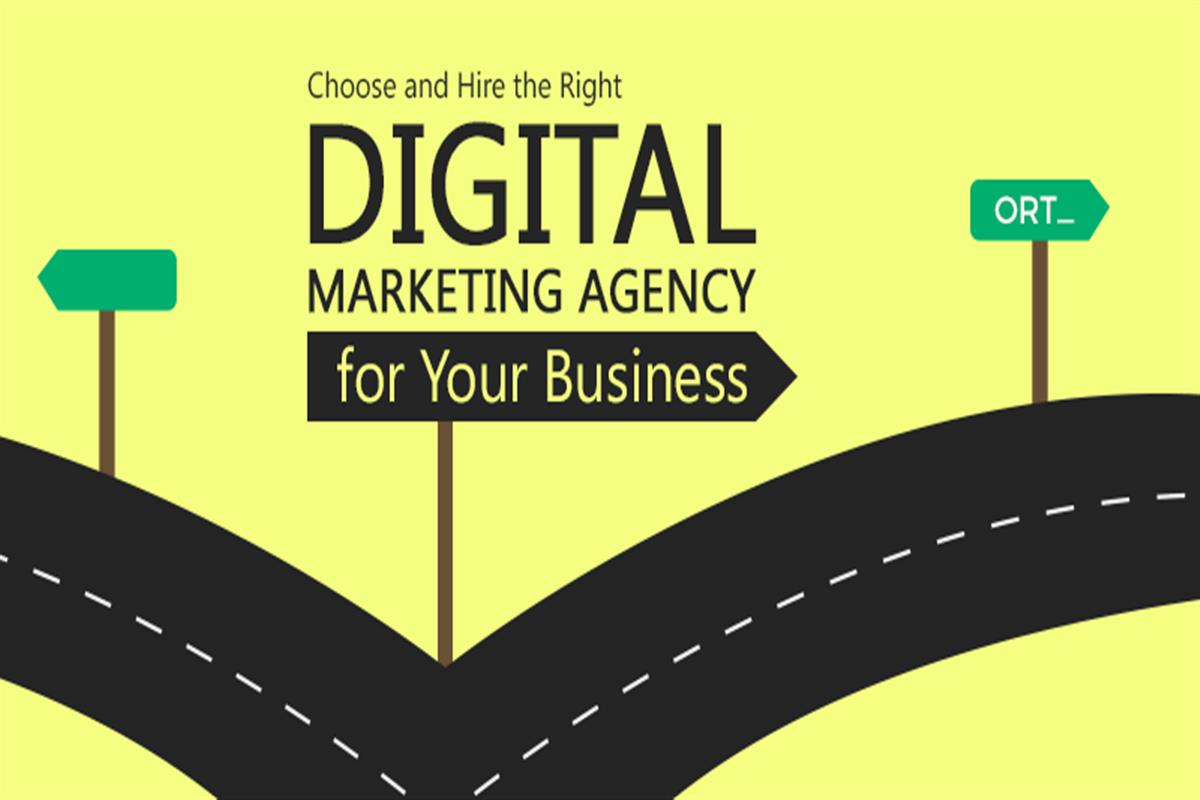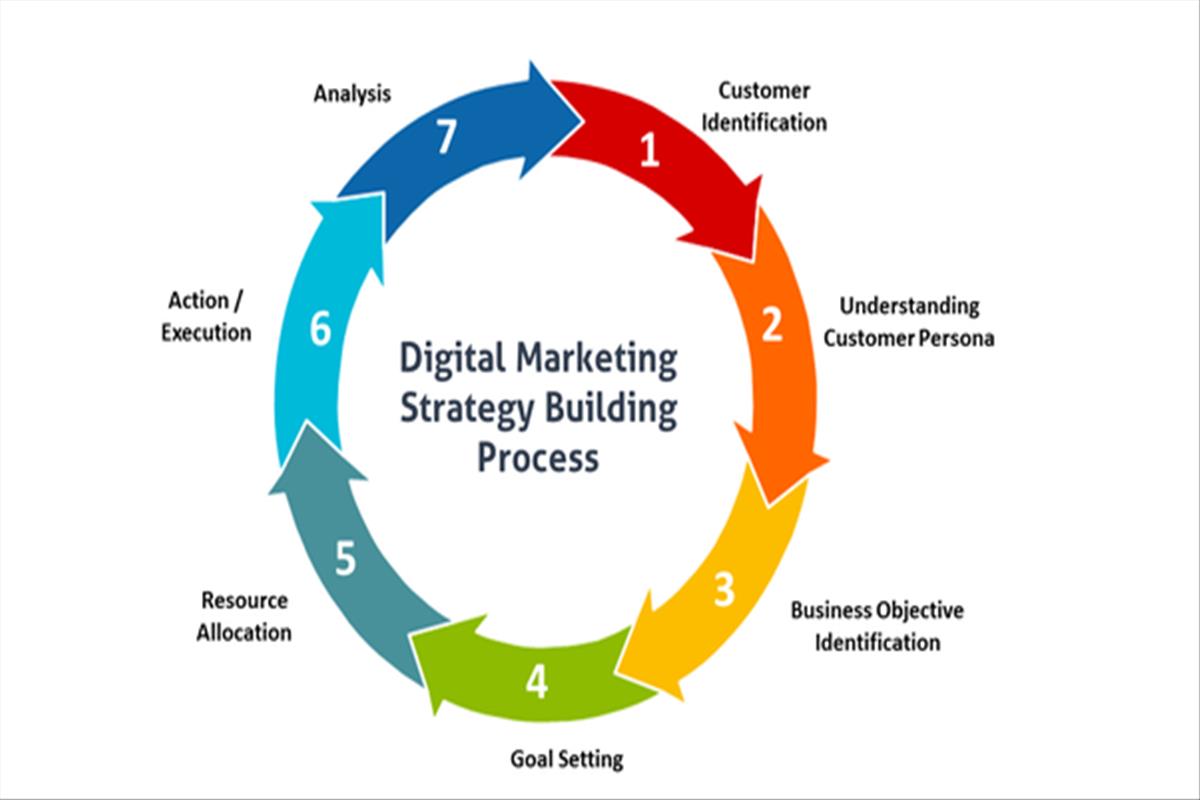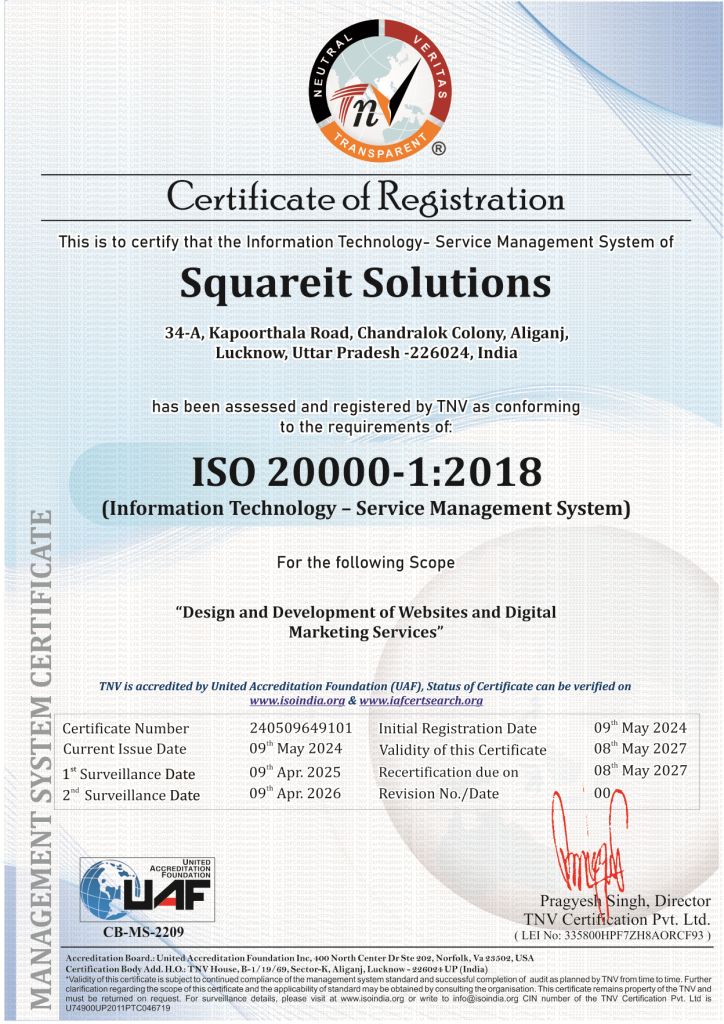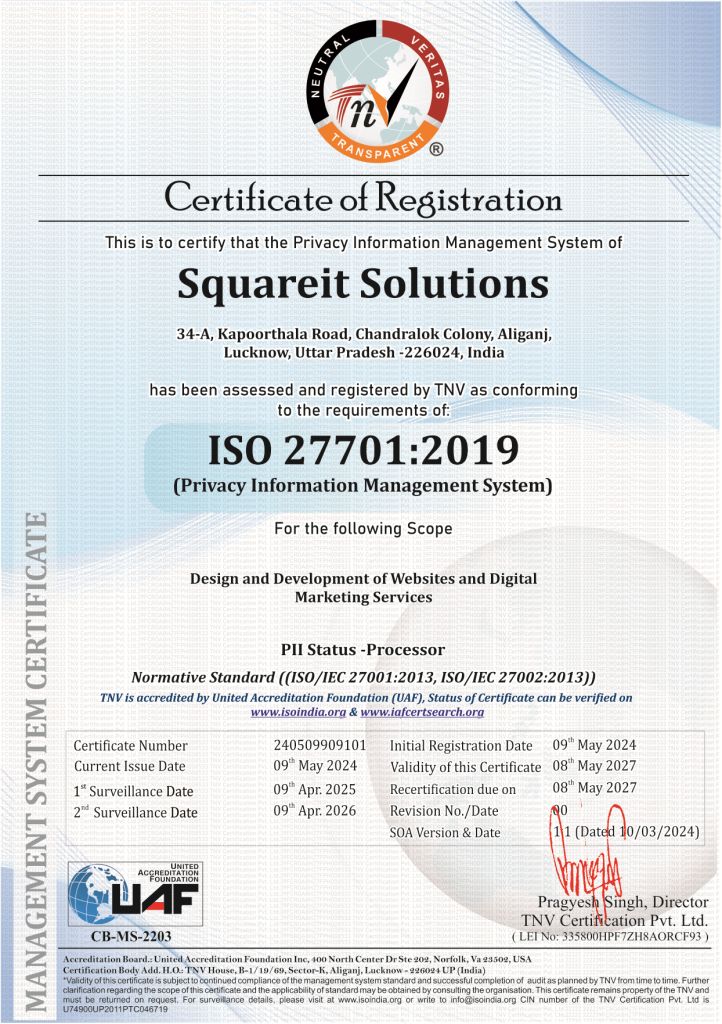A digital marketing plan is essential for real estate agents to reach, engage, and convert clients.
In today’s fast-paced world, the real estate market has become more competitive. Traditional marketing methods like newspaper ads, open houses, and word of mouth are no longer sufficient to reach potential buyers and sellers. With millions of people turning to the internet to search for homes, research agents, and compare prices, real estate professionals must have a digital marketing plan for real estate. A well-structured plan not only helps in reaching a larger audience but also builds credibility and trust. In this blog, we’ll explore why every realtor needs a digital marketing plan for a real estate company and how a digital marketing plan for real estate agents can be executed effectively, including a digital marketing plan for a real estate timeline to ensure long-term success.
Why Digital Marketing is a Game Changer for Real Estate Success
The first question many realtors ask is: Why is digital marketing essential for my business? The answer is simple: the internet has transformed the way people buy and sell properties. Today, 90% of home buyers start their search online, making a robust digital marketing plan for real estate companies indispensable. If you don’t have a strong online presence, you're missing out on a massive pool of potential clients.
Digital marketing allows real estate agents to precisely target their audience through social media, search engine optimization (SEO), and email campaigns. A well-crafted digital marketing plan for real estate will enable you to reach potential clients through multiple channels. Whether you're looking to target first-time homebuyers, investors, or luxury clients, a comprehensive plan ensures that your message gets in front of the right people at the right time.
Components of a Strong Digital Marketing Plan for Real Estate Companies
Before diving into the strategies, it’s important to understand the key elements that make up an effective digital marketing plan for real estate agents. These components include:
-
Website Optimization: Your website is the first point of contact for most potential buyers. Ensuring that it’s mobile-friendly, easy to navigate, and packed with high-quality content is a crucial part of any digital marketing plan for real estate. A well-optimized website enhances the user experience, helping to convert visitors into leads.
-
Search Engine Optimization (SEO): Without SEO, your website is just a needle in a haystack. Implementing SEO strategies ensures that your website ranks high on search engines like Google, making it easier for potential clients to find you. Keywords like "homes for sale in [city name]" or "best real estate agent" should be seamlessly integrated into your website content.
-
Social Media Marketing: Social media platforms such as Facebook, Instagram, and LinkedIn are essential for promoting your properties and services. Regularly posting high-quality images, engaging with followers, and running paid ads are all part of a robust digital marketing plan for real estate agents.
-
Email Campaigns: Email marketing allows you to stay connected with past clients and leads. Sending out market updates, new listings, and home-buying tips ensures that you stay top-of-mind when they’re ready to buy or sell.
-
Content Marketing: Regularly publishing blog posts, videos, and podcasts related to the real estate market builds credibility and positions you as an expert in your field. Educational content can include tips for first-time homebuyers, guides to selling a home, or real estate investment strategies.
The Role of a Digital Marketing Plan for Real Estate Timeline
Building a strong digital marketing plan for real estate requires time and effort. This is where the importance of a digital marketing plan for a real estate timeline comes into play. Setting realistic deadlines and milestones helps keep your marketing efforts on track and ensures you’re consistently moving toward your goals.
-
Short-Term Goals (0–3 months): These may include optimizing your website, setting up social media profiles, and launching your first ad campaigns. Short-term goals focus on building the foundation of your online presence.
-
Mid-Term Goals (3-6 months): During this phase, your focus should shift toward improving SEO, growing your social media following, and increasing engagement rates. By the six-month mark, you should start seeing a steady increase in traffic and leads.
-
Long-Term Goals (6-12 months): In the long term, you’ll want to refine your strategy based on performance data. This may involve tweaking your ad campaigns, improving your email open rates, and expanding your content marketing efforts.
By adhering to a digital marketing plan for real estate timeline, you’ll ensure that your marketing strategies are sustainable and effective over time.
Benefits of a Digital Marketing Plan for Real Estate Agents
-
Increased Reach: A well-thought-out digital marketing plan for real estate agents will significantly increase your reach, allowing you to connect with potential buyers and sellers across different platforms. Whether through search engines, social media, or email campaigns, digital marketing enables you to reach clients in places that traditional marketing simply cannot.
-
Cost-effective: Digital marketing offers significant cost savings compared to traditional methods such as print ads or billboards. Platforms like Google and Facebook enable precise targeting of specific demographics and provide the flexibility to adjust your budget according to campaign performance.
-
Real-Time Analytics: One of the greatest advantages of a digital marketing plan for real estate is that you can track your results in real-time. Tools like Google Analytics, Facebook Insights, and email marketing platforms provide valuable data on your campaigns' performance. This allows you to make adjustments on the fly and optimize your strategies for maximum return on investment (ROI).
-
Improved Client Relationships: Using personalized email campaigns and engaging content can foster stronger relationships with your clients. A solid digital marketing plan for real estate agents ensures that you're consistently staying in touch with potential buyers and sellers, which increases the likelihood of closing a deal.
Creating a Custom Digital Marketing Plan for Real Estate Company
A cookie-cutter approach won’t work when it comes to digital marketing for real estate. Every digital marketing plan for a real estate company should be tailored to that particular business's unique needs and goals. For example, if you specialize in luxury real estate, your strategy should focus on high-end clientele and include platforms like Instagram and LinkedIn.
On the other hand, if your target market is first-time homebuyers, Facebook ads and educational blog posts may be more effective. Understanding your audience and customizing your approach is the key to a successful digital marketing plan for real estate.
Conclusion
In conclusion, having a digital marketing plan for real estate is no longer optional—it’s essential. The real estate market has evolved, and so should your marketing strategy. A comprehensive plan that includes website optimization, SEO, social media marketing, and email campaigns will help you stay ahead of the competition and close more deals.
By following a well-structured digital marketing plan for real estate timeline, you can ensure that your marketing efforts are sustainable and consistently generate results. A digital marketing plan for real estate company increases visibility and improves client relationships, making it a win-win for both realtors and clients.
FAQs
1. Why do real estate agents need a digital marketing plan?
A digital marketing plan for real estate agents helps you reach a larger audience, build credibility, and generate more leads, which ultimately leads to more closed deals.
2. What is a digital marketing plan for a real estate timeline?
A digital marketing plan for a real estate timeline is a structured schedule that outlines short-term, mid-term, and long-term marketing goals to ensure consistent growth and success.
3. How does SEO fit into a digital marketing plan for real estate company?
SEO is a critical component of any digital marketing plan for real estate company as it helps your website rank higher in search engine results, making it easier for potential clients to find you.
4. What are the key elements of a digital marketing plan for real estate agents?
Key elements include website optimization, SEO, social media marketing, email campaigns, and content marketing.
5. How can I customize my digital marketing plan for real estate?
Understanding your target audience and tailoring your strategy to meet their needs is essential for creating a customized digital marketing plan for a real estate company







